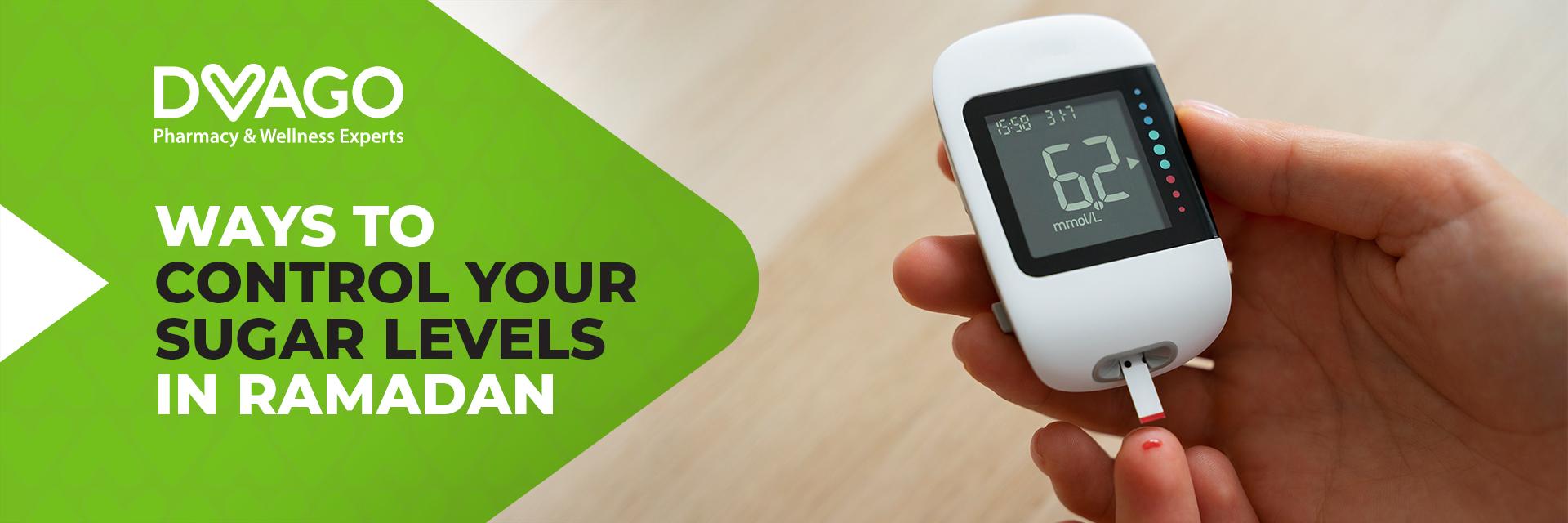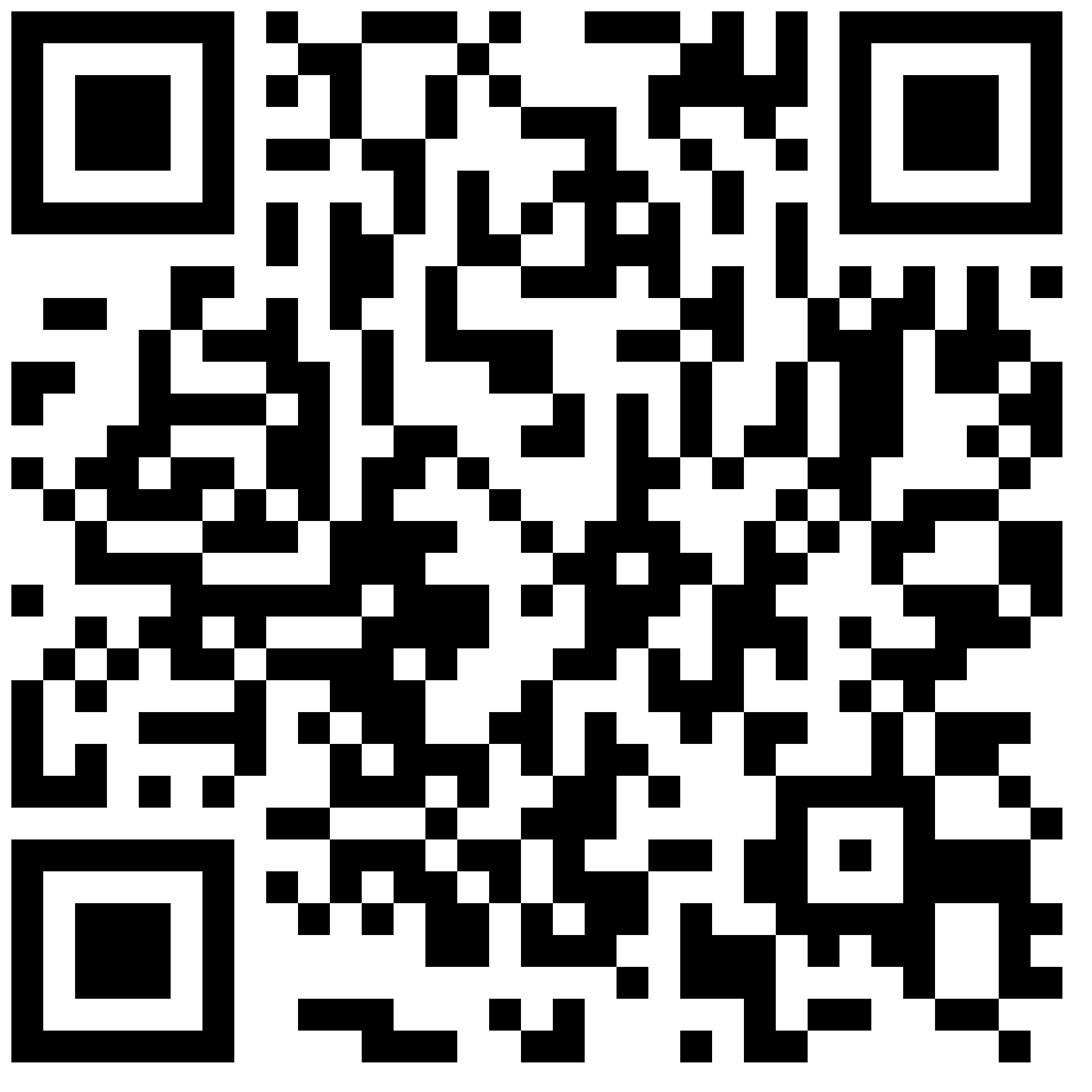
WAYS TO CONTROL YOUR SUGAR LEVELS IN RAMADAN
The proximity of Ramadan, the holiest month for Muslims, obligates the followers to prostrate into a state of fasting, reflection, and spiritual enrichment. Yet, putting nearest those having diabetes or those who are worried about the levels of sugar of their blood worshiping in the month of Ramadan can be pretty difficult.
By being wise in your plans and being careful in your choices, you can manage this special time while still maintaining control of your blood sugar level.
Mindful Meal Planning
Apart from the practical tips for blood sugar management during this month, it is meal planning that becomes crucial. Suhoor should be the meal taken before sunrise to comprise mainly complex carbohydrates from whole grains, fruits, and vegetables. These types of nutrients hold the body's energy throughout the day.
Integrating protein-rich foods such as eggs, yogurt or lean meat can help to control blood sugar levels and to prevent the spiking of the same. Next, make a balanced plate when you have Iftar – the meal that opens fast. It should include carbohydrates, proteins, healthy fats, and fiber to prevent your blood sugar levels from fluctuating.
Hydration Is Key
Dehydration may intensify the troubles of blood sugar swings, so it is important to stay hydrated when you are on off-fasting hours. Begin your day with a lot of water during Suhoor, and aim to drink at least eight glasses of liquids throughout the night. Ingesting a varied spectrum of foods with high water content, for example, watermelon, cucumbers, and soup, is an important component of your overall fluid intake.
Strategic Exercise
No strenuous physical exercises that will be done during fasting are advisable, but short and mild movements, like walking and stretching, are recommended to regulate blood sugar levels and improve insulin sensitivity.
The idea is to be involved in physical activity during non-fasting hours, such as after Iftar or before Suhoor, when the fasting period is almost over.
Regular Blood Sugar Monitoring
Monitoring blood sugar levels will be vital during Ramadan, especially if you are at risk of or suffer from diabetes. Make an electronic log where you will note the amount of time you spend on each reading to see trends and identify issues quickly if needed. If you observe constant fluctuations or always high or low readings, seek the advice of a medical practitioner for individual guidance.
Seeking Support
It may feel very difficult to achieve during Ramadan, but don't worry; you don't have to be alone this way. To do this, use your friends, family, or the community for support who know exactly what you need to eat and what health goals you have.
You may also want to seek the advice of a registered dietitian or healthcare expert to get the suggestions that are suited to you.
FAQs
Q1: Could I manage to find a balance between my Ramadan fasting routine and my diabetes?
A1: Fasting during Ramadan is a personal matter, and the doctor's advice must be sought before suffering its adverse effects. Whereas some patients may need to completely abstain from fasting, others might need to adjust their feeding and fasting schedule slightly to minimize the risks to their health.
Q2: Will the possible inclusion of those foods and drinks with the ability to increase the blood sugar level make you change the whole Ramadan diet plan?
A2: One should rather avoid drinking sweetened beverages and eating an excessive amount of desserts. In addition, fried snacks should also be kept away because they can cause a sudden rise in blood sugar levels. Rather than follow the current saturated fat concept, slip into your meal plan the whole range of nutrient-dense food types that will provide you the energy you need and, in the end, make you healthy.

